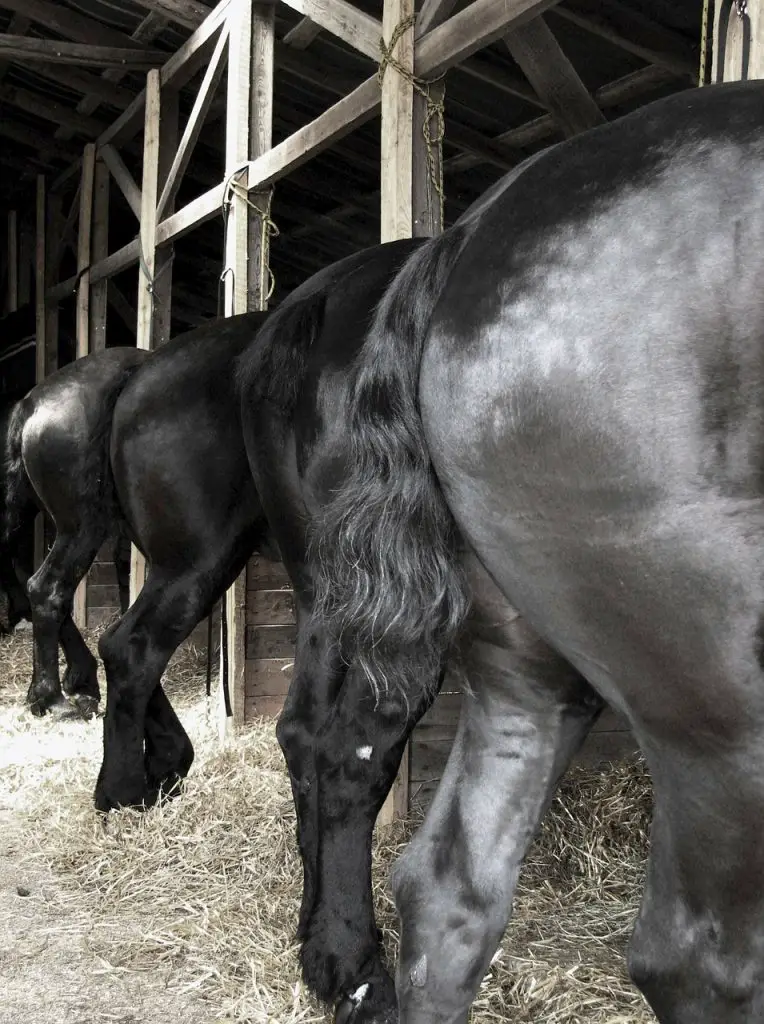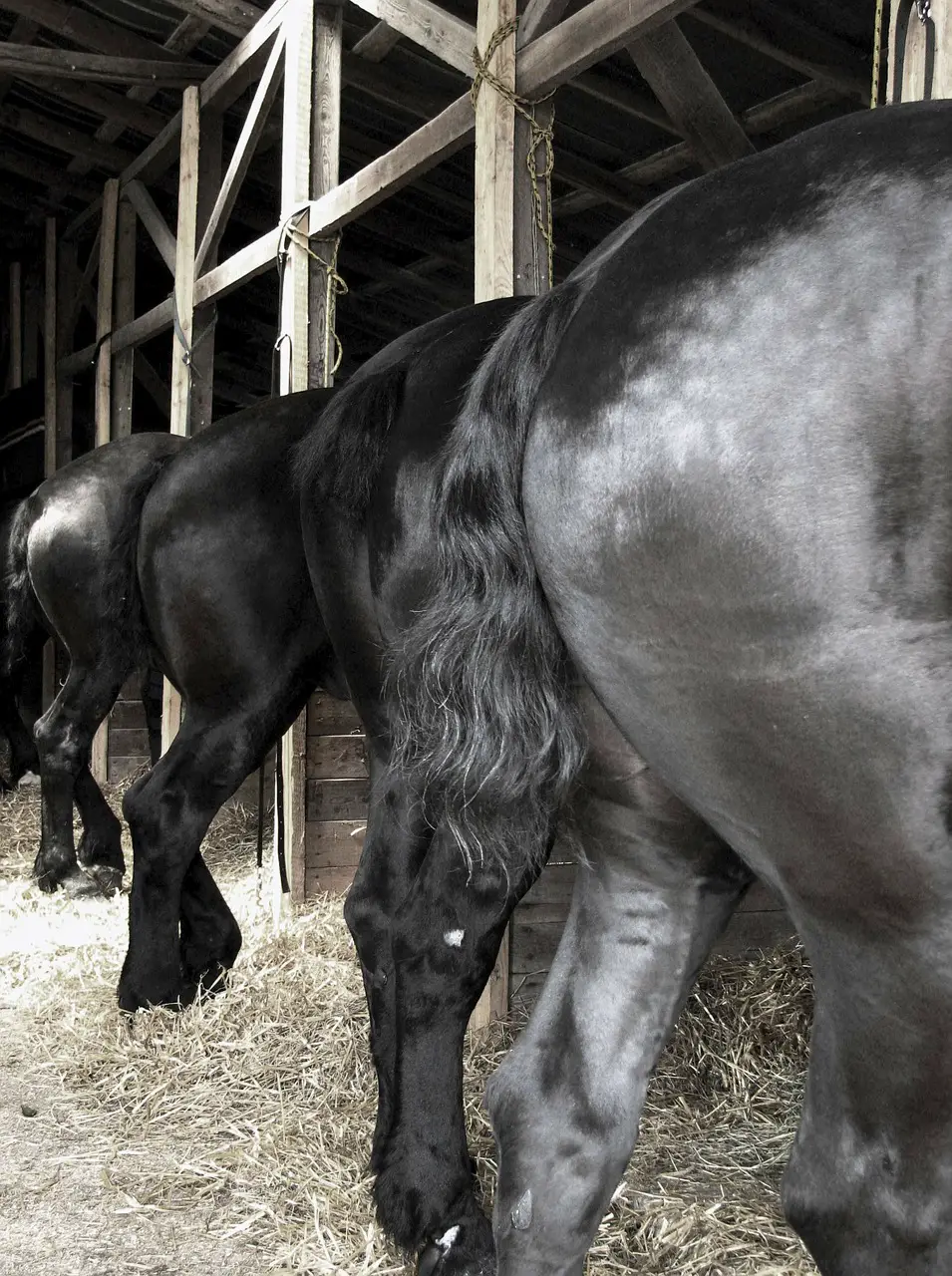Last Updated on February 19, 2022 by Allison Price
A horse or pony with a gleaming coat is a sign of their good health and well-being. A high-quality hair coat is dependent on the groomer’s frequency and intensity, as well as their nutritional status. Supplements that promote shiny and healthy hair are a popular choice in the United States. *
This is not surprising, considering that a shiny and strong coat is a sign of vitality and health. “In addition to supporting bloom, nutrition may also have an impact on finer features of horses’ coats, such as dapples,” says Kathleen Crandell Ph.D., a Kentucky Equine Research nutritionist.
Dapples are a round area of hair that is darker or more colored than the surrounding or base coat. Dappling is more common in gray horses than in other colors such as bays or chestnuts. Although a horse’s coat color and the presence of dapples is genetically determined, non-genetic factors such as regular grooming and providing a balanced diet can help improve their coat and dappling.

What can you do to make your horse’s dapples standout? Here are five ways to make your horse stand out.
1. Make sure your horse receives sufficient and adequate forage. This could be pasture or hay. Although alfalfa (lucerne), and other legume forages may not be appropriate for all horses. Horsemen and horsewomen believe these forages add luster to the horse’s coat.
2. To minimize allergic reactions, hives and insect bite hypersensitivity, manage insects. The Omega-3 Fatty Acids may help with these conditions. Some omega-3 supplements such as EO-3 have been shown to reduce insect hypersensitivity.
3. Fat is a good source of calories. Many quality feeds contain high-fat ingredients like vegetable oil and stabilized brown rice bran. A side effect of feeding fat to horses is an increase in coat quality. When deciding which horses should receive a fat-rich diet or a fat supplement, it is important to be careful. Your horse should not become obese. A healthy, fit body will reflect in the coat quality. This will help to prevent metabolic problems.
4. To prevent rain rot, blanket horses during rain and treat them for internal and external parasites like pinworms and mange. Horses will get the most nutrition from their food if they are regularly dewormed. Numerous veterinarians recommend microscopic fecal inspection so that individual horses can have their deworming schedules tailored.
5. To ensure healthy hair growth and overall health, feed your horse a balanced diet rich in vitamins, minerals, protein, and other nutrients. Forage analysis can be used to determine if there are any nutritional deficiencies or excesses and to quickly correct them if necessary. Balanced nutrition is key to coat quality. A strategic supplementation with high quality products may also be helpful in brightening a coat.
Crandell advises that supplements can be made with oils, balancers and concentrates as well as herbs or other dietary products.


